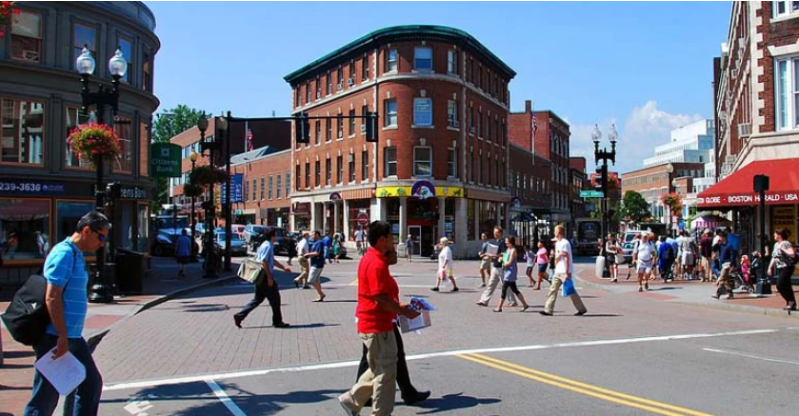Why My New Car Feels Bittersweet

I recently got a new car. Normally that is a moment of jubilation, elation, happiness, excitement and any number of synonyms for delight. I do feel some of that, I do feel happy, elated and excited. I feel blessed and grateful. But it all feels a little muted. I can’t help but to shake this overwhelming feeling of ambivalence and bittersweetness. Why? Because it’s a reminder of how deeply car-dependent our society has become.
For six weeks, I didn’t have a car. I relied on public transit, walking, biking, and the support of family. It was an eye-opener. I saw firsthand how difficult life can become without a vehicle in a city like Pickering, a city that, like many others across North America, seems to be designed with cars as the default. Simple tasks—buying groceries, getting to work, picking up your kids—become logistical challenges if you don’t have a car.
Our collective reliance on cars comes at a cost. It’s not just a personal inconvenience—it’s a public health crisis. Research is clear: car dependency contributes to respiratory and cardiovascular problems. It encourages sedentary lifestyles, and the stress of driving—especially in the Greater Toronto Area—adds to anxiety and mental strain. Then there’s the environmental damage—more cars on the road mean more fossil fuels burned, which accelerates climate change and its increasingly catastrophic impacts.
What makes this even more disheartening is that it doesn’t have to be this way. I visited Italy last year, and the contrast was striking. Cities there are designed to be walkable, with fewer cars and better public transport options. The rail systems, buses, and bike lanes make moving around easy and accessible. Places like the Netherlands, with its robust cycling culture, or other parts of Western Europe and East Asia, have proven that alternatives exist. These places are healthier, more sustainable, and arguably, happier. It’s clear: we could have this too. What’s missing is the political will to push for a healthier, more equitable vision of urban life.
There are solutions. We should be striving towards creating complete communities with a range of housing types, and a mix of schools, stores, workplaces, parks and other amenities within existing urban boundaries. One exciting idea is the concept of 15-minute cities. Originating from Carlos Moreno, this vision imagines communities where everything you need—work, shopping, schools, healthcare, and leisure—is within a 15-minute walk or bike ride from your home. These neighborhoods encourage walking and biking, reduce car reliance, and bring a wealth of health, economic, and environmental benefits. This is the kind of community we should be working toward: complete, sustainable, and people-centered, not car-centered. It’s a bold vision, but it’s also achievable if we push for the right policies, and if we start to reimagine how we design our cities.
As I sit behind the wheel of my new car, I can’t help but think about what it represents. Yes, it’s a huge convenience and offers unmatched mobility, but it’s also a symptom of a system that’s not working for everyone. We need to envision a future where we rely less on cars, where our cities are designed for people, not vehicles. We have the power to create communities where health, happiness, and sustainability come first—where walking or biking to work is a joy, not a struggle. It’s not just a dream; it’s a path we can take, starting now. A future where we live closer to what we need and reduce our carbon footprint could change the world for the better.